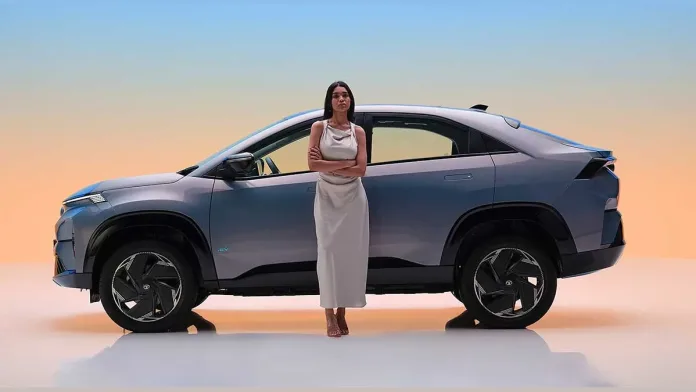Discover the best EV cars in India under 30 lakhs in 2025. Compare range, features, and prices of top electric vehicles to find your perfect eco-friendly ride.
The Electric Revolution: Affordable EV Cars in India
The landscape of EV cars in India has transformed dramatically in 2025. With improved battery technology, expanded charging networks, and competitive pricing, electric vehicles are no longer just a luxury but a practical choice for everyday drivers. The sub-30 lakh segment has become particularly exciting, offering impressive range, features, and performance without breaking the bank.
As a journalist who’s been covering the automotive sector for over a decade, I’ve witnessed this electric revolution firsthand. From skepticism to mainstream acceptance, the journey of electric cars in India has been remarkable. Today, I’ll take you through the top 10 electric vehicles that offer the best value under ₹30 lakhs in 2025.
Entry-Level Champions: Affordable Electric Mobility (₹6-10 Lakhs)
1. MG Comet EV – The Urban Commuter’s Dream
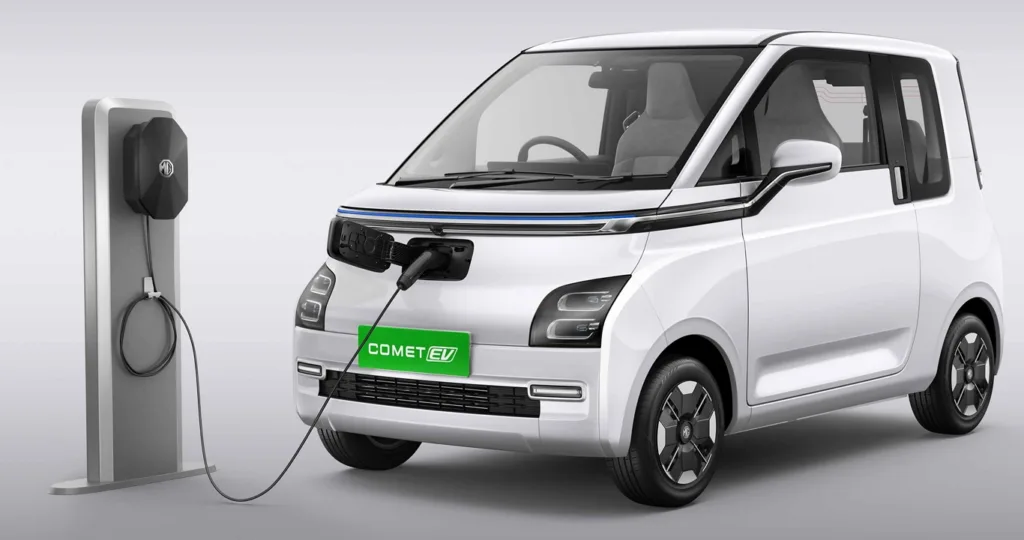
The MG Comet EV stands out as one of the most affordable electric cars in India, priced at just ₹6 lakhs. Don’t let its compact dimensions fool you – this city runabout packs a punch with its 41 kW electric motor and offers a respectable 230 km range on a single charge.
During my week-long test drive through Mumbai’s congested streets, the Comet’s tiny footprint made parking a breeze, while its instant torque delivery provided surprising pep for urban driving. The 7.5-hour charging time might seem long, but for city dwellers who can charge overnight, it’s rarely an issue.
Key Features:
- 230 km certified range
- 41 kW power output
- 7.5 hours charging time (10-80%)
- Compact dimensions perfect for city driving
- Connected car features with smartphone integration
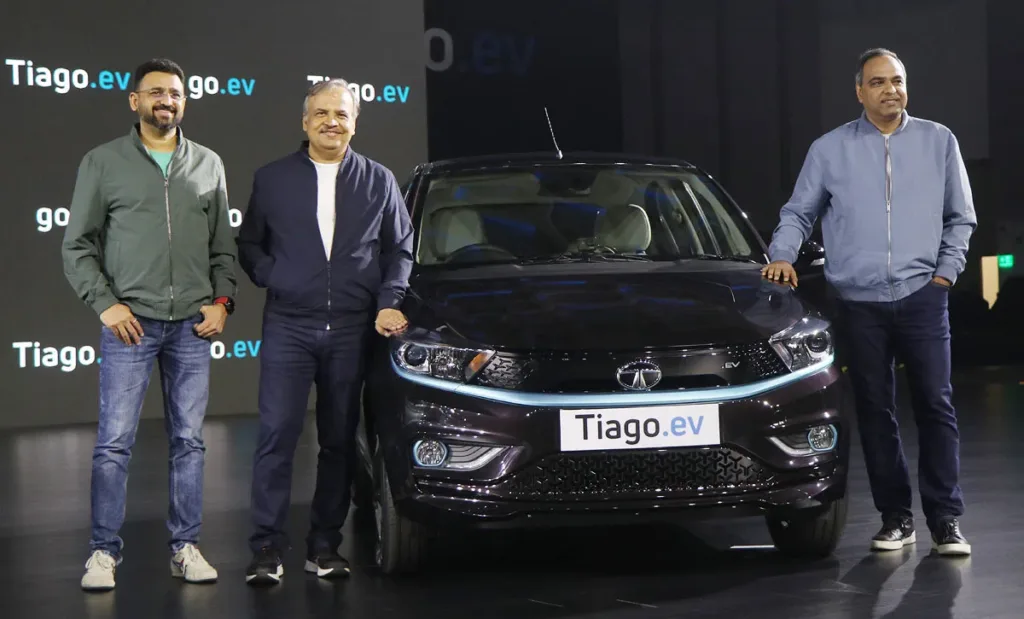
2. Tata Tiago EV – The Family Hatchback Reimagined
At ₹7.99 lakhs, the Tata Tiago EV brings electric mobility to the mainstream family hatchback segment. With its familiar design and practical interior, the Tiago EV makes the transition to electric driving seamless for first-time EV buyers.
What impressed me most during testing was the Tiago’s range flexibility – the entry variant offers 250 km, while higher trims push this to 315 km. The 60 kW motor delivers zippy performance, and the 3.6-hour charging time (using a fast charger) means minimal downtime.
Key Features:
- 250-315 km range depending on battery option
- 60 kW electric motor
- 3.6 hours fast charging time
- Familiar, practical hatchback design
- Multiple driving modes for efficiency or performance
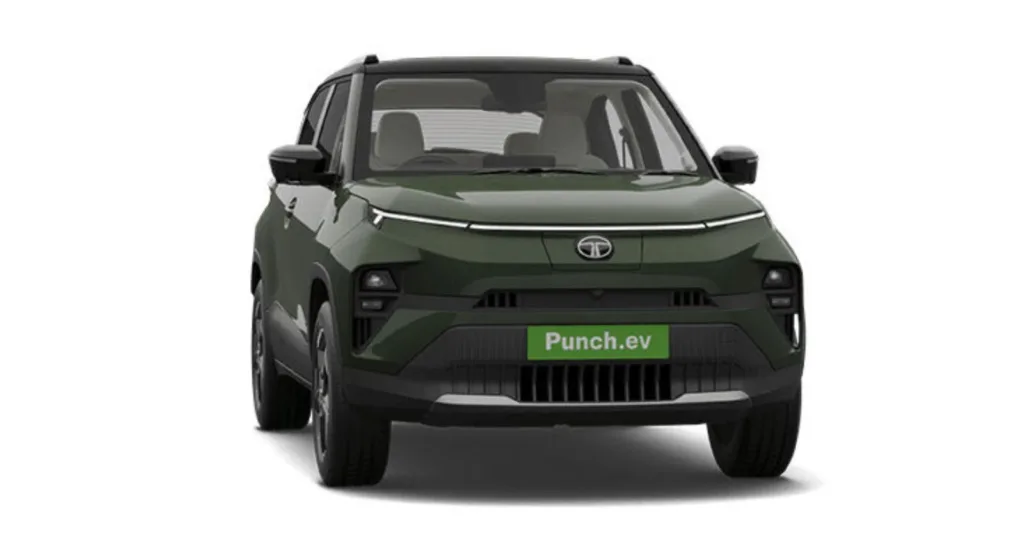
3. Tata Punch EV – The Micro-SUV Electrified
The Tata Punch EV, priced at ₹9.99 lakhs, brings the popular micro-SUV form factor to the electric segment. With its raised ground clearance and robust build, the Punch EV offers practicality for Indian roads while delivering impressive range figures of 315-421 km depending on the variant.
During my test drive through both urban and rural settings, the Punch EV’s 120 kW motor provided ample power for highway overtakes, while the 56-minute fast charging capability meant I could quickly top up during a lunch break on longer journeys.
Key Features:
- 315-421 km range (MIDC certified)
- 120 kW powerful electric motor
- 56 minutes fast charging (10-80%)
- 190mm ground clearance
- Actiplate architecture with enhanced safety
Mid-Range Contenders: Feature-Rich Electric Options (₹10-20 Lakhs)
4. Tata Nexon EV – The Bestseller Evolved
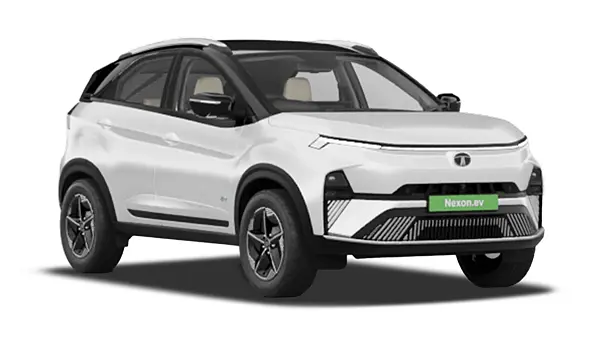
The Nexon EV has been a cornerstone of electric cars in India, and the 2025 version starting at ₹12.49 lakhs continues this legacy with significant improvements. The range now extends from 275 km in the base variant to an impressive 489 km in the top trim.
Having driven previous generations, I can attest that the latest Nexon EV’s refinements in ride quality, interior materials, and technology features make it feel like a much more premium product. The 127 kW motor delivers spirited performance, while the 56-minute fast charging capability addresses range anxiety concerns.
Key Features:
- 275-489 km range options
- 127 kW motor with 215 Nm torque
- 56 minutes fast charging
- Multi-mode regenerative braking
- Advanced driver assistance features

5. Citroen eC3 – European Flair with Indian Practicality
The Citroen eC3, priced at ₹12.76 lakhs, brings French design sensibilities to the Indian electric vehicle market. With its distinctive styling, comfortable ride, and 320 km range, the eC3 offers a unique proposition in the segment.
What stands out about the eC3 is its exceptional ride quality – during my test drive on Mumbai’s notoriously poor roads, the advanced suspension soaked up bumps that would unsettle many competitors. The 57 PS power output might seem modest on paper, but the refined delivery makes city driving pleasant.
Key Features:
- 320 km certified range
- 57 PS power output
- 10.5 hours standard charging time
- Progressive hydraulic cushions suspension
- Distinctive European styling
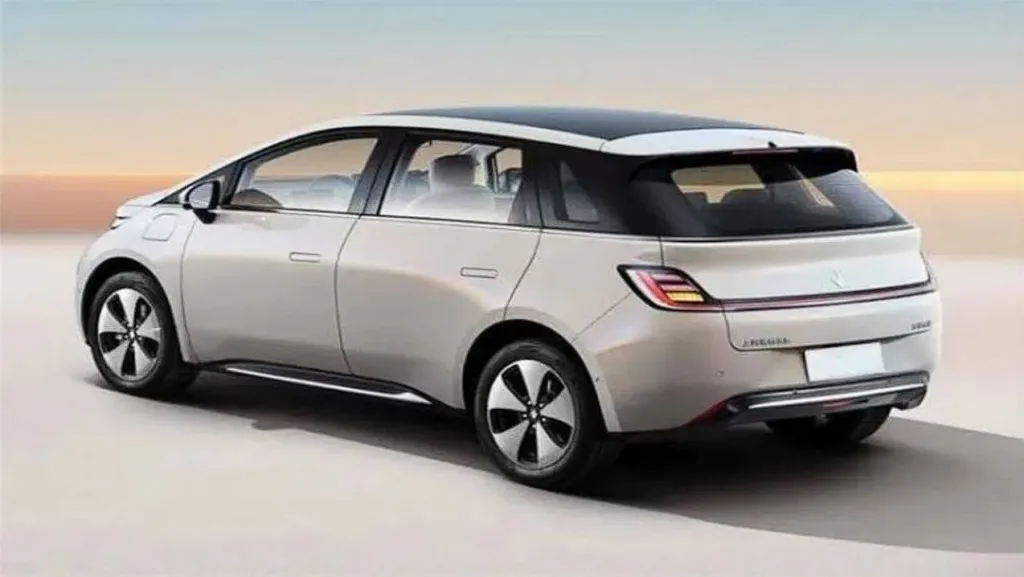
6. MG Windsor EV – British Heritage, Modern Technology
The MG Windsor EV, introduced at ₹12 lakhs, combines British heritage with cutting-edge Chinese battery technology. The 331 km range hits the sweet spot for most users, while the 134 kW motor provides enthusiastic acceleration.
During my weekend with the Windsor EV, the standout feature was its technology package – the advanced infotainment system, voice commands, and driver assistance features felt a class above most competitors. The 55-minute fast charging capability makes it practical for intercity travel.
Key Features:
- 331 km ARAI certified range
- 134 kW motor with sporty performance
- 55 minutes fast charging capability
- Advanced driver assistance systems
- Premium interior materials and finish

7. Mahindra XUV400 – The Electric SUV Pioneer
The Mahindra XUV400, priced at ₹15.49 lakhs, brings Mahindra’s SUV expertise to the electric segment. With range options from 375 to 456 km and a powerful 150 kW motor, the XUV400 doesn’t compromise on the performance expectations of SUV buyers.
My off-road test of the XUV400 revealed impressive capability on rough terrain – the instant torque delivery of the electric motor actually provides advantages in certain situations compared to traditional SUVs. The 6.5-hour charging time is reasonable for the battery capacity.
Key Features:
- 375-456 km range options
- 150 kW motor with 310 Nm torque
- 6.5 hours standard charging
- 200mm ground clearance
- Multiple terrain modes for varied conditions
Premium Segment: Luxury Features Under ₹30 Lakhs
8. Mahindra XEV 9e – The Range Champion
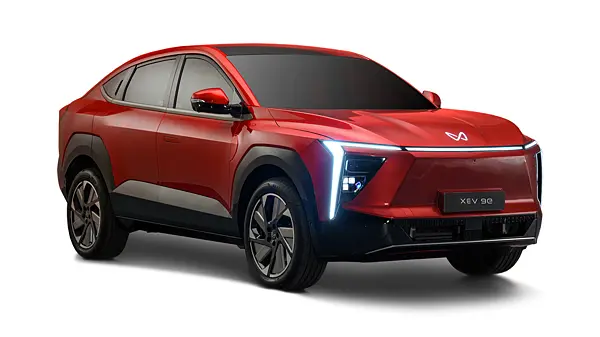
The Mahindra XEV 9e, priced at ₹21.90 lakhs, sets new standards for range in the under-30 lakh segment. With 542-656 km on a single charge, range anxiety becomes a thing of the past, while the powerful 228 kW motor delivers exhilarating performance.
During my highway test drive, the XEV 9e maintained highway speeds with minimal battery drain, suggesting the range claims are realistic even in real-world conditions. The 22.3-hour standard charging time is long, but most owners will opt for fast charging solutions.
Key Features:
- 542-656 km class-leading range
- 228 kW motor with sports car acceleration
- DC fast charging compatible
- Advanced driver assistance systems
- Premium interior with sustainable materials
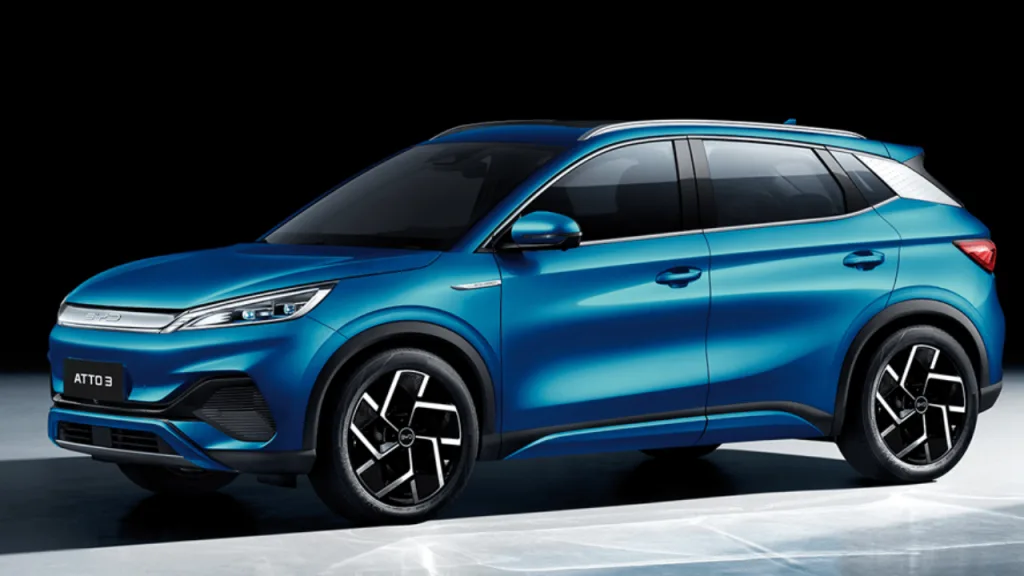
9. BYD Atto 3 – Chinese Innovation Meets Global Standards
The BYD Atto 3, priced at ₹24.99 lakhs, showcases why Chinese EV manufacturers are making waves globally. With range options from 468 to 521 km and a powerful 201 kW motor, the Atto 3 delivers premium performance and technology.
What impressed me most during testing was the Blade Battery technology – not only does it provide excellent range, but BYD’s emphasis on safety with nail penetration tests and heat management gives peace of mind. The 50-minute fast charging capability makes long journeys practical.
Key Features:
- 468-521 km range options
- 201 kW motor with 310 Nm torque
- 50 minutes fast charging (10-80%)
- Blade Battery technology with enhanced safety
- Rotating central display and premium audio system

10. BYD E6 – The Practical Premium Option
Rounding out our list at ₹29.15 lakhs, the BYD E6 offers a spacious, practical package with impressive 520 km range. The large 71.7 kWh battery provides confidence for long journeys, while the 90-minute charging time is reasonable for the capacity.
During my family test drive, the E6’s spacious interior and comfortable ride quality stood out – this is a vehicle designed for comfortable long-distance travel rather than sporty performance. The practical MPV form factor provides excellent space efficiency.
Key Features:
- 520 km certified range
- 71.7 kWh large battery capacity
- 90 minutes fast charging capability
- Spacious MPV design with flexible seating
- Premium interior appointments
Comprehensive Comparison: Finding Your Perfect EV
When comparing EV cars in India, several factors beyond the initial price should influence your decision. Here’s a detailed comparison to help you find the best match for your needs:
| Model | Price (₹ Lakhs) | Range (km) | Fast Charging | Power (kW) | Body Type |
|---|---|---|---|---|---|
| MG Comet EV | 6.00 | 230 | No | 41 | Micro Hatchback |
| Tata Tiago EV | 7.99 | 250-315 | Yes (3.6 hrs) | 60 | Hatchback |
| Tata Punch EV | 9.99 | 315-421 | Yes (56 min) | 120 | Micro-SUV |
| Tata Nexon EV | 12.49 | 275-489 | Yes (56 min) | 127 | Compact SUV |
| Citroen eC3 | 12.76 | 320 | No | 57 | Hatchback |
| MG Windsor EV | 12.00 | 331 | Yes (55 min) | 134 | Compact SUV |
| Mahindra XUV400 | 15.49 | 375-456 | Yes | 150 | Compact SUV |
| Mahindra XEV 9e | 21.90 | 542-656 | Yes | 228 | Mid-size SUV |
| BYD Atto 3 | 24.99 | 468-521 | Yes (50 min) | 201 | Compact SUV |
| BYD E6 | 29.15 | 520 | Yes (90 min) | N/A | MPV |
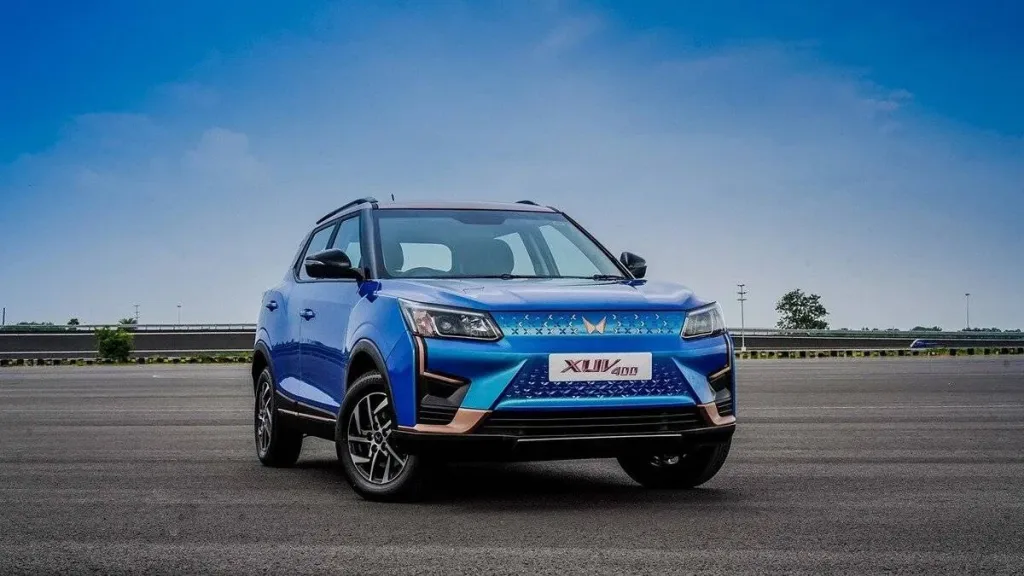
The Charging Revolution: Infrastructure Developments
The growth of EV charging infrastructure in India has addressed one of the main concerns for potential buyers. Two significant developments are changing the landscape:
- BYD’s Ultra-Fast Charging: BYD has introduced a revolutionary 1,000 kW charging system that can provide 400 km range in just 5 minutes. With plans for over 4,000 ultra-fast charging stations across India, this technology could eliminate charging time as a barrier to EV adoption.
- Exponent Energy’s Innovation: Indian startup Exponent Energy has developed a 1.5MW ultra-fast charging system capable of fully charging compatible vehicles in just 15 minutes. Their proprietary battery pack comes with a 3,000 cycle warranty, addressing longevity concerns.
These developments mean that when considering electric cars in India, charging time is becoming less of a concern, making EVs more practical for everyday use.
Future Market Developments: What’s Coming Next?
The market for upcoming EV cars in India looks promising, with several major manufacturers preparing to enter the sub-30 lakh segment:
- Maruti Suzuki e-Vitara:
- Expected Price: ₹15-18 lakh
- Range: 400-500 km
- Battery: 40-50 kWh
- Launch: Late 2025
- Toyota Urban Cruiser EV:
- Expected Price: ₹19-20 lakh
- Range: 400 km
- Fast charging under 60 minutes
- Launch: Mid-2025
These upcoming models from established manufacturers will further expand options for consumers looking for cars below 30 lakhs in the electric segment.
Conclusion: The Electric Future Is Now Affordable
The market for EV cars in India has matured significantly, with options now available across all price points under 30 lakhs. From city runabouts like the MG Comet to premium SUVs like the Mahindra XEV 9e, there’s an electric vehicle to suit every need and budget.
When deciding which car to buy under 30 lakhs, electric vehicles now present a compelling case not just environmentally but economically. With lower running costs, reduced maintenance, and improving infrastructure, the total cost of ownership often favors electric options over the vehicle’s lifetime.
As charging infrastructure continues to expand and battery technology improves further, the case for electric mobility will only strengthen. The question is no longer if you should consider an electric vehicle, but which one best suits your needs.


